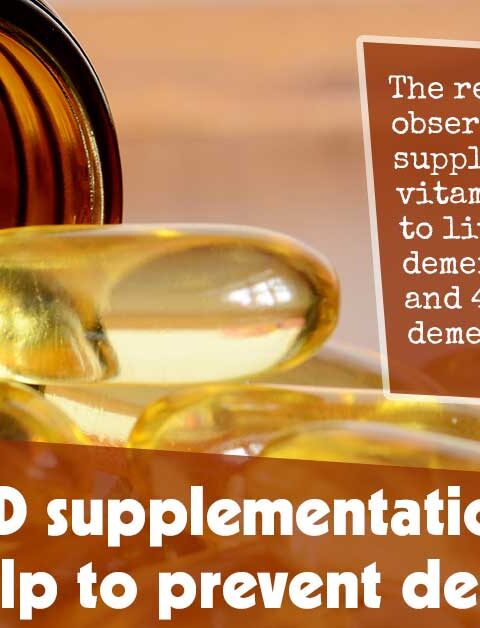What Are Omega-3 Fatty Acids (EFAs)?
Essential Fatty Acids, also known as omega-3 and omega-6 FFAs, cannot be produced naturally by our bodies and must therefore come from food.
Omega-3 fatty acids are beneficial fats commonly found in fish, seeds and nuts, and have significant anti-inflammatory benefits. Meanwhile, omega-6 fatty acids are abundantly found in vegetable oils, eggs, processed food products and fast foods, making up approximately 98% of vegetable oils and most packaged/fried foods.
Omega-6 and omega-3 fatty acids are both necessary for good health, yet too much omega-6 consumption may provoke pro-inflammatory responses in the body; to achieve balance, consume the appropriate amounts.
Omega-3’s have an effect on cell receptor functions in body cell membranes, helping regulate inflammation and blood clotting, while binding to receptors to control genetic function – possibly providing some protection against illness.
There are three primary omega-3 fatty acids commonly seen in Western diets:
1. Eicosapentaenoic Acid (EPA), Docosahexaenoic Acid (DHA), and Alpha Linolenic Acid (ALA).
EPA and DHA can often be found in fish. Meanwhile, ALA can often be found in vegetable oils, nuts, flaxseed and leafy vegetables.
Omega-3 Fatty Acid Sources
Fatty fish such as tuna, trout and salmon are among the primary sources of omega-3 fatty acids; fish oil supplements may also provide this essential nutrient. Unfortunately, for vegetarians or those concerned about potential risks related to eating fish these sources could pose difficulties.
Plant foods generally only contain the essential ALA type of fatty acid; while this nutrient is necessary, its effects must first be converted to longer-chain omega-3 fatty acids EPA and DHA for tissue health purposes by your body.
Studies have revealed that only 0.5% of ALA can be converted to DHA and only 5% into EPA; there is, however, an option available to vegans known as algae oil that could help.
What Is Algae Oil? Algae oil is an excellent vegan source of both EPA and DHA omega-3 fatty acids. A study demonstrated that supplementing with algae oil supplements provided DHA to red blood cells and plasma, providing similar levels as cooked salmon would.
Through the two-week study, DHA levels increased substantially among both groups: plasma phospholipid levels rose approximately 80% while erythrocyte DHA increased about 25%; these percentage increases were comparable across the groups.
There is no official dose recommendation for EPA and DHA supplements; however, according to European Food Safety Authority’s guidelines for adult individuals this range should fall between 250-500 mg daily.
iwi Life algae omega 3 softgel supplements contain 250 mg combined EPA and DHA. Their proprietary algae produces omega-3 in a form which allows 1.7x faster absorption rates compared with traditional sources.
Omega-3 Fatty acids provide numerous health advantages. Here are a few advantages of omega-3 fatty acids for you.
Omega 3 for Eyes
There is a concentration of DHA found on the outer retina that plays a significant role in vision quality, while lower DHA levels may result in poorer visual function or vision issues if you are deficient.
A meta-analysis of 21 studies has found that higher intakes of omega-3 have been linked with reduced risks of age-related macular degeneration. Every 15 grams/day of fish consumption was associated with 13%-14% reductions in early and late age-related macular degeneration respectively; fish also led to significantly lower progression risks of the condition.
Studies have established an association between omega-3 fatty acid intake and depression prevalence. One such study conducted among 4,150 postmenopausal women found those who consumed higher quantities of omega-3s had significantly less incidence of depression compared to those with the lowest consumption levels
A meta-analysis of studies has also demonstrated the efficacy of DHA and EPA supplements as an aid for relieving depression symptoms.
Omega 3 Fatty Acids and Cardiovascular Disease
One of the first indications that omega-3 fatty acids could be beneficial in treating cardiovascular disease was discovered through surveys which demonstrated communities with an omega 3-rich fatty fish diet have lower cardiovascular mortality.
Studies demonstrate the efficacy of supplementing with EPA and DHA as an effective strategy for reducing cardiovascular disease events.10
High triglyceride levels (hypertriglyceridemia) is an increasingly prevalent issue in the U.S. Omega-3s are widely recognized as safe and effective remedies to lower triglycerides levels,1112 whilst 11 studies concluded that algae oil supplementation could improve cardiovascular disease risk factors13







